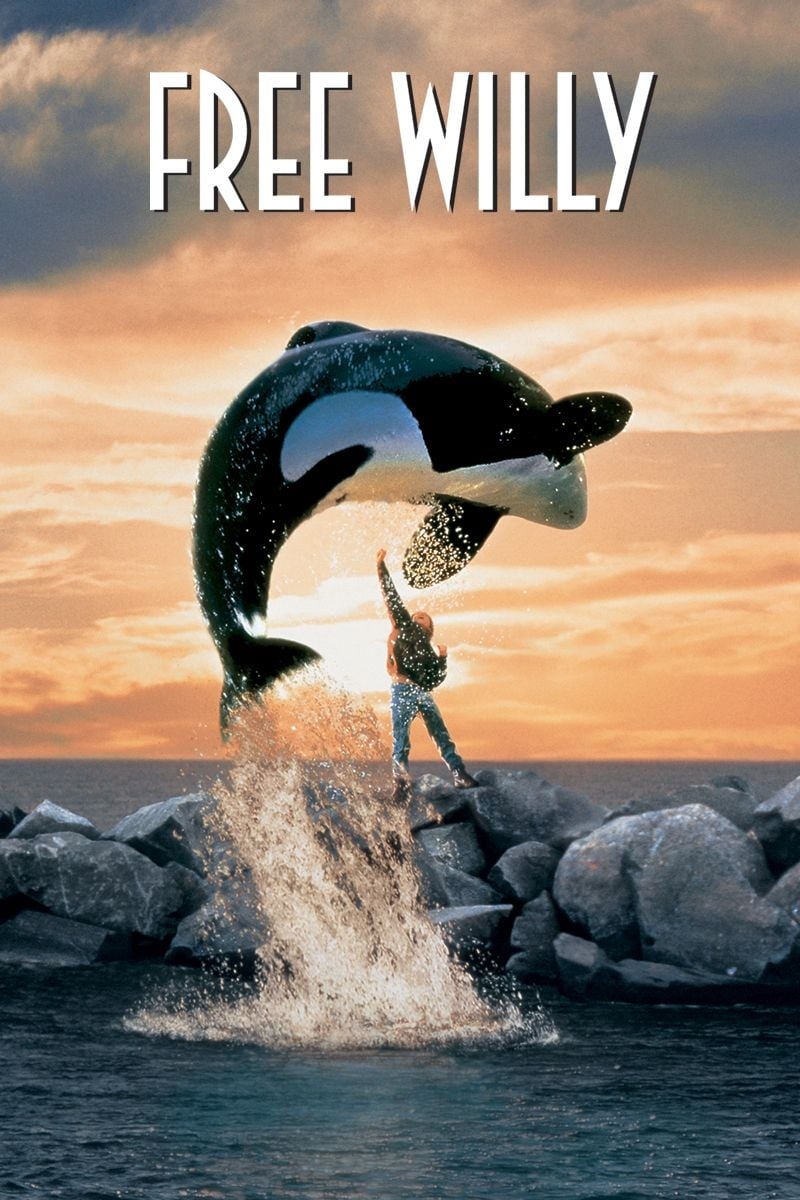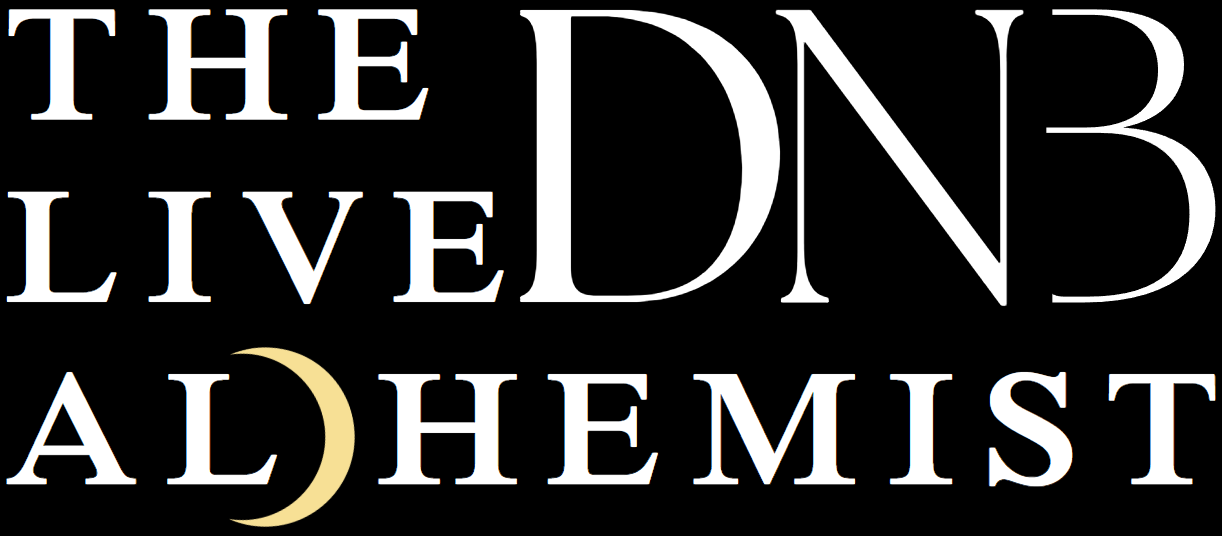“They say…” is one of the most powerful phrases in the English language.
It’s also one of the laziest.
“They say…” is where old wives’ tales, half-baked wisdom, and fear disguised as philosophy all go to retire.
It starts innocently enough.
“They say lightning never strikes twice.”
“They say you can’t teach an old dog new tricks.”
“They say don’t swim after eating.”
We repeat them without thinking.
They’re conversational seasoning — sprinkle a little on top of your story and it sounds finished. But over time, these sayings do more than finish conversations.
They finish our thinking.
And that’s where the trouble starts.
How Much for The Doggie In The Window?
It reminds me of a children’s story.
There once was a girl.
Every day she walked past the pet store and pressed her face to the glass, watching the dog inside.
The dog was small, scruffy, with eyes like warm caramel, and it seemed to know her the moment she appeared.
Other children went inside.
They sat on the floor,
played with the dog,
let it climb on them,
whispered secrets to it.
They laughed.
They formed a bond.
But the girl never went in.
“I’m not ready to be a dog owner yet,” she told herself.
What if I mess up?
What if he runs away?
What if he chews my favorite shoes?
What if I can’t teach him to sit, or roll over, or stop barking at the mailman?
What if he barks at me?
She was consumed with worry.
Fear became her constant companion.
And she had the perfect line, a magical fairy like phrase to absolve herself of all responsibility:
“What’s meant for you won’t pass you by.”
So she kept coming back,
day after day,
falling more in love with the dog through the glass.
She felt deserving.
She felt connected.
She believed that one day, somehow, the universe would reward her patience.
As if the dog would be there forever.
Or maybe it would jump through the glass into her arms.
But the universe doesn't hand out gifts to spectators.
One day,
she walked past the store,
and the dog wasn’t there.
The cage was empty.
Someone else had claimed it.
Forever.
Because all she ever did was watch.
And because she listened to “they say” instead of acting.
That day she realized it was her own fault.
That you're never truly ready, you decide you are.
And you begin.
The Trojan Horse of “They Say”
Take the classic:
“What’s meant for you won’t pass you by.”
Sounds wise.
Feels comforting.
And if you’re in a storm, maybe it even calms you down for a night or two.
But it completely ignores the possibility that you just stood there and watched it pass by.
Maybe you even waved at it from the curb, sad, as it got into someone else car.
And when you didn’t do a single thing to go after it, you could fall back on the even cushier:
“It wasn’t meant to be.”
Perfect.
Now you’ve absolved yourself of all responsibility.
Your lack of action gets rebranded as cosmic alignment instead of your personal avoidance.
Congratulations! One sentence from “they” (an unknown authority you’ve never met) now has the power to dictate your life story… and guarantee it’s a quiet one of regret.
The Cost of Waiting
“They say” statements are seductive because they feel like borrowed authority.
If “they” say it, who are you to question it?
It’s already been decided.
Case closed.
They keep you from having to wrestle with uncertainty.
They give you a neat little explanation for why you didn’t try, didn’t risk, didn’t step forward.
And the best part?
Nobody will challenge you, because they’ve heard the same line their whole life.
It’s a socially acceptable shield.
But the cost?
The quiet ache of never knowing.
The echo of what could have been curled up beside you, but isn’t.
The memories through the glass.
The thought of the dog with someone else.
The Flip Side: Action-Wrapped-in-Dare
“They say” can be poison, but it can also be power.
Just like we inherited fear-wrapped-in-wisdom, we can create action-wrapped-in-dare.
We can alchemize our "they say" statements to whatever we want.
Whatever gives us the courage to claim what we deserve or desire.
Reclamation of power.
Now you are the ultimate authority.
Instead of: “What’s meant for you won’t pass you by,”
Try: “If you want it, run it down.”
Instead of: “Better safe than sorry,”
Try: “Better bruised than bored.”
Instead of: “Don’t bite off more than you can chew,”
Try: “Chew faster.”
Instead of: “I'm not ready.”
Try: “I'm fuckin' ready.”
Cogito Ergo Sum.
I think, therefore, I am.
What you Think
Is what you say
What you say
Is what you become
When you change the saying, you change the story.
And when you change the story, you change the ending.
If the girl in the story had acted, even imperfectly, even fearfully, she would have brought that dog home.
She would have discovered her own courage, learned her own limits, and carried a story of triumph instead of regret. Because not making a decision, is a decision. And you're responsible for that.
What if that one decision could change her world?
What if that one decision could change the world itself?
What if she was setting the new standard?
What if others were watching to see what she did?
Would she fall back into a cycle of false authority and cowardice,
or would she courageously choose herself?
Final thought:
“They say” is just another way of saying, Here’s the limit.
But limits aren’t laws, they’re just rumors you haven’t challenged yet.
Step past them.
Claim what’s yours.
The dog, the dream, the risk, the story.
It’s waiting...
if....
you have the courage to act before its gone.
Are you a slave to your fear?
Are you a slave to what they say?
Or
Do you have free will?
Be careful of what you think
Be careful of what you say
Be careful of what you become
#FreeWillyAll2025
#Yolo
#WetWillys
#WillyWonkaInTheChocolateFactory
#WillyCoveredInChocolate



